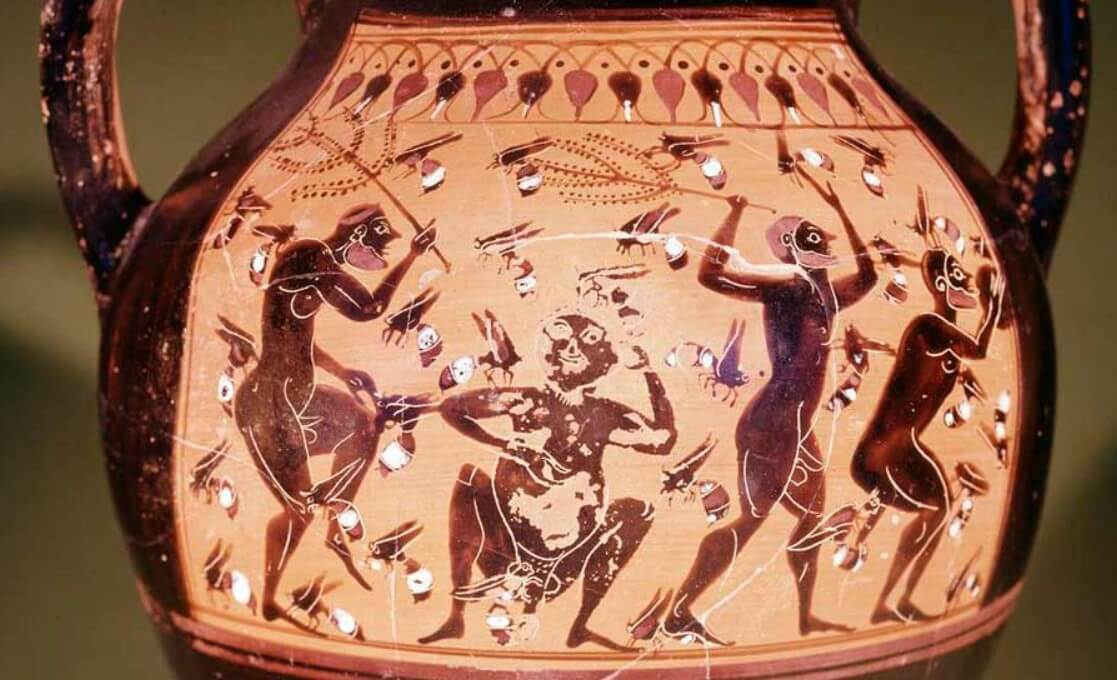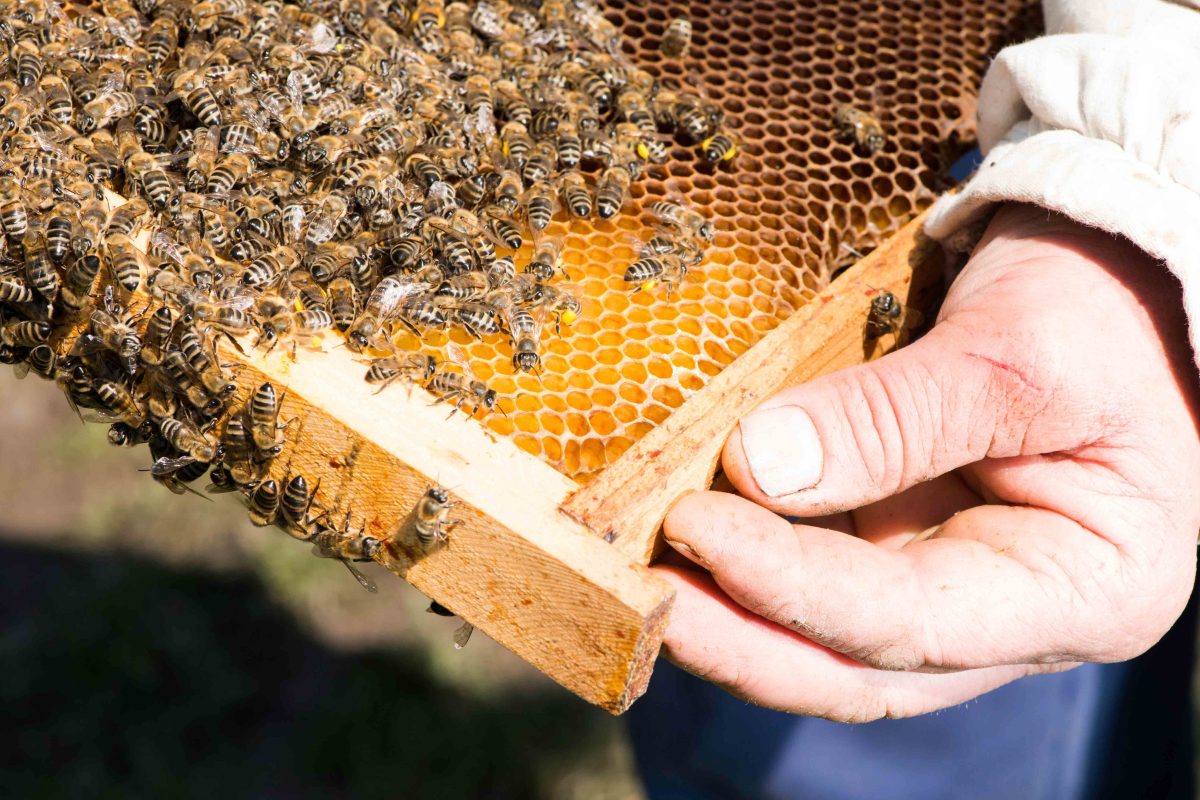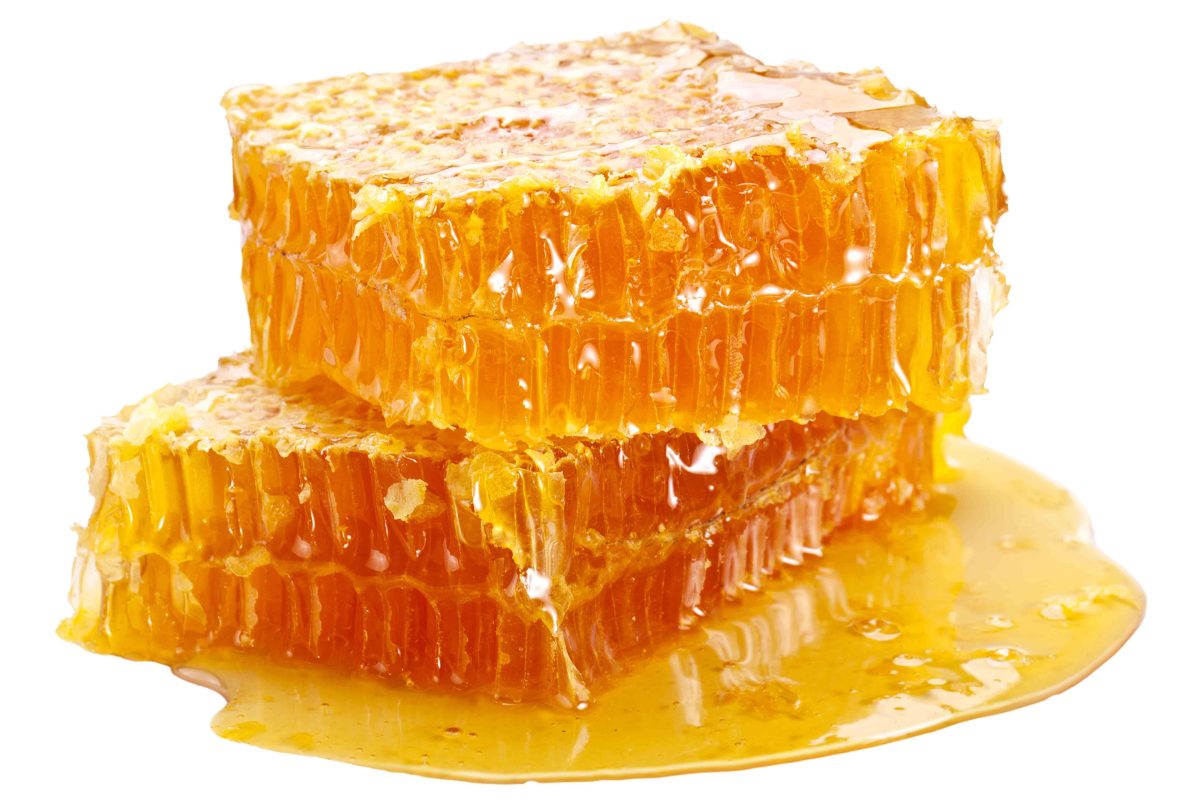Greek honey holds a special place in culinary and cultural traditions, dating back thousands of years. Revered for its exceptional taste, rich aroma, and diverse flavors, Greek honey stands as a testament to the country’s unique biodiversity and beekeeping heritage. In this article, we explore the history, characteristics, health benefits, and cultural significance of Greek honey, celebrating it as a true culinary treasure.
Ancient history of honey in Greece
The history of beekeeping in Greece spans thousands of years and has deep cultural and agricultural significance. The practice of beekeeping in Greece can be traced back to ancient times. The Minoans, an advanced civilization on the island of Crete around 3000 BCE, depicted scenes of beekeeping in their art and utilized honey as a vital part of their diet and trade.
Traditional beekeeping methods in Greece were characterized by the use of skeps, dome-shaped straw baskets, or hollow logs as beehives. Beekeepers would carefully tend to the bees, managing swarming and honey collection. This traditional approach allowed bees to build natural combs and produce honey in their natural environment.

Honey held great cultural and economic importance in ancient Greek society. It was consumed as a sweetener, used in cooking, and valued for its medicinal properties. Greek athletes would consume honey as a source of energy and endurance during the ancient Olympic Games. Beekeeping continued to thrive during the Byzantine Empire, which spanned from the 4th century CE to the 15th century CE. Byzantine texts and manuscripts documented advanced beekeeping practices, including the use of woven hive baskets, swarm control, and the extraction of honey and beeswax.
Greek mythology and literature also highlight the importance of bees and honey. Bees were considered sacred creatures, associated with various deities, including Zeus, Artemis, and Dionysus. In mythology, bees were believed to be messengers of the gods and symbols of divine wisdom.
Beekeeping in Greece evolved over time with advancements in hive designs and beekeeping techniques. In the early 20th century, modern beehive designs, such as the Langstroth hive, gained popularity and allowed for more efficient honey production and hive management. Beekeeping remains an essential agricultural activity in Greece. The country’s diverse landscapes, ranging from mountains to islands, offer a rich variety of flora for bees to forage, resulting in a wide array of unique Greek honey varieties. Modern Greek beekeepers focus on sustainable practices, promoting the well-being of the bees and preserving the natural environment.
Diverse Flavors and Varieties
Greek honey owes its exceptional quality to the country’s diverse flora and microclimates. With its rich landscapes, including mountains, valleys, and islands, Greece boasts a wide array of floral sources for honey production. From the fragrant blooms of thyme and wildflowers to the aromatic blossoms of citrus and pine trees, each region offers unique flavors and characteristics.

Prominent Greek honey varieties include:
- Thyme Honey: Renowned for its distinctive herbal aroma and robust flavor, thyme honey is a cherished specialty of Greece. Bees gather nectar from the small white flowers of thyme plants, resulting in a dark amber honey with a slightly spicy undertone.
- Pine Honey: Derived from the resinous honeydew secreted by aphids on pine trees, pine honey offers a rich, caramelized flavor and a dark amber hue. It is known for its complex taste and hints of resin and wood.
- Blossom/Forest Honey: Harvested from a variety of flowers, blossom honey showcases the diverse floral landscape of Greece. Its flavor profile ranges from delicate and floral to fruity and nuanced, depending on the flowering plants in the vicinity.
Exceptional Quality and Nutritional Value
- Greek honey is renowned for its high quality and nutritional richness. It is produced using traditional, sustainable beekeeping practices that prioritize the well-being of the bees and the preservation of natural ecosystems. As a result, Greek honey retains its natural enzymes, vitamins, minerals, and antioxidants, offering numerous health benefits.
- – Antioxidant Power: Greek honey contains antioxidants that help combat oxidative stress and support overall well-being. These antioxidants contribute to its potential anti-inflammatory, antimicrobial, and immune-boosting properties.
- – Nutrient-Rich: Greek honey is a natural source of essential nutrients, including vitamins (such as B vitamins and vitamin C), minerals (including potassium, calcium, and iron), and enzymes. These nutrients contribute to the overall nutritional value of Greek honey.


Culinary Delights and Cultural Significance
Greek honey is a beloved ingredient in Greek cuisine, adding depth, sweetness, and complexity to a wide range of dishes and beverages. It is used in traditional Greek desserts like baklava and loukoumades, as well as in savory dishes such as glazed meats or dressings. Greek honey also finds its place in breakfast spreads, herbal teas, and traditional beverages like rakomelo (honey-infused raki).
Beyond its culinary appeal, honey holds cultural significance in Greece. It is woven into religious and cultural rituals, symbolizing fertility, abundance, and purity. Honey features prominently in celebrations and festivals, including weddings and religious ceremonies, where it is shared as a symbol of prosperity and good fortune.
Greek honey, with its rich history, diverse flavors, exceptional quality, and cultural significance, stands as a testament to the country’s natural bounty and age-old traditions. From the fragrant thyme-covered hillsides to the resinous pine forests, Greece’s varied landscapes provide a remarkable canvas for bees to create their exquisite nectar.
Whether drizzled over desserts, incorporated into savory dishes, or enjoyed by the spoonful, Greek honey delights the senses and offers a taste of ancient culinary heritage. Embrace the sweet nectar of Greek honey, savor its distinct flavors, and appreciate the artistry of the bees and beekeepers who bring this precious gift to our tables.
Discover all our honeys from Peloponnese here.

